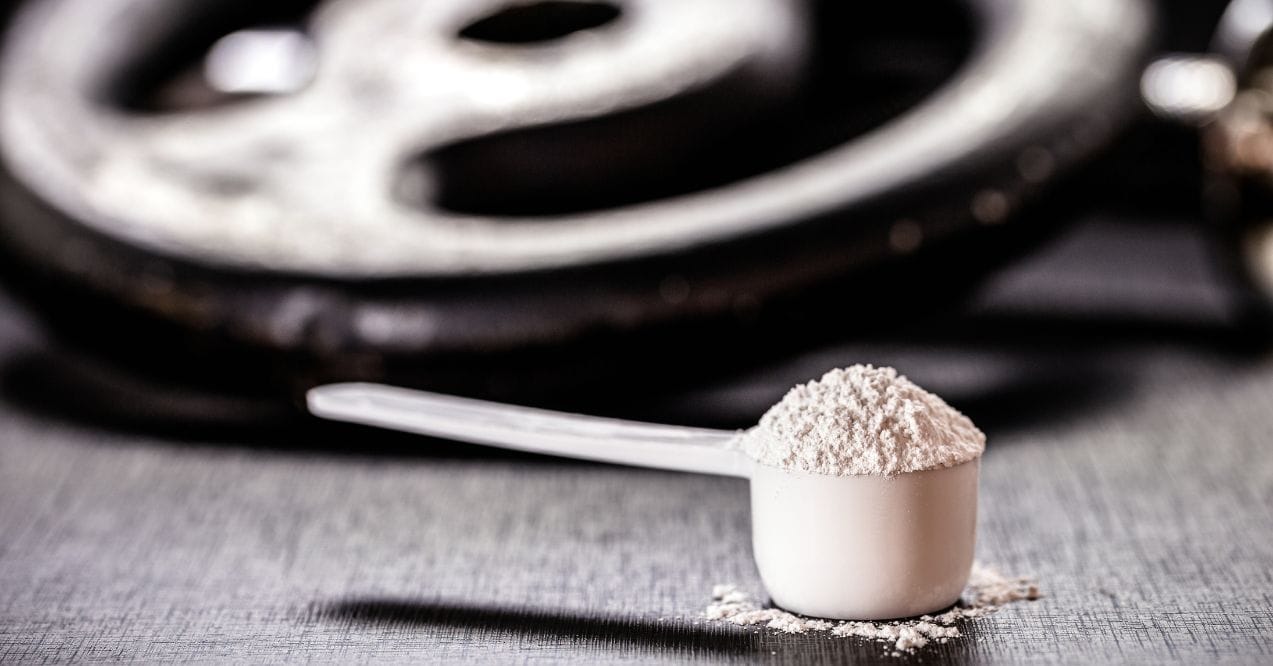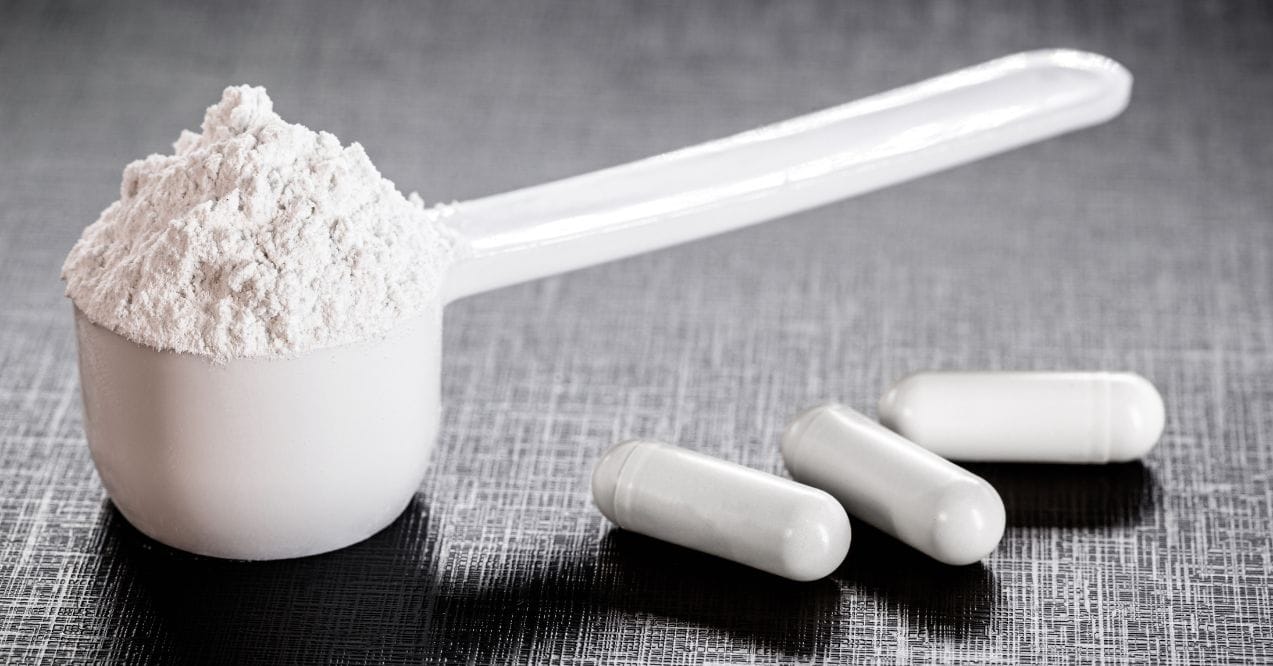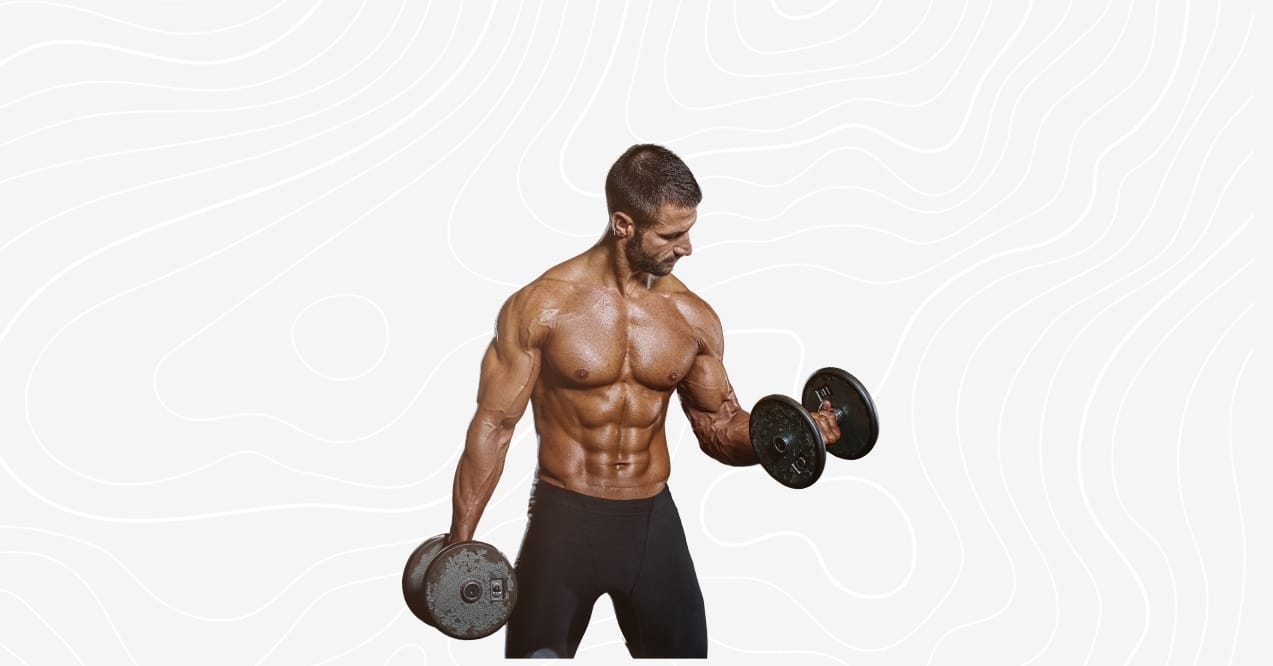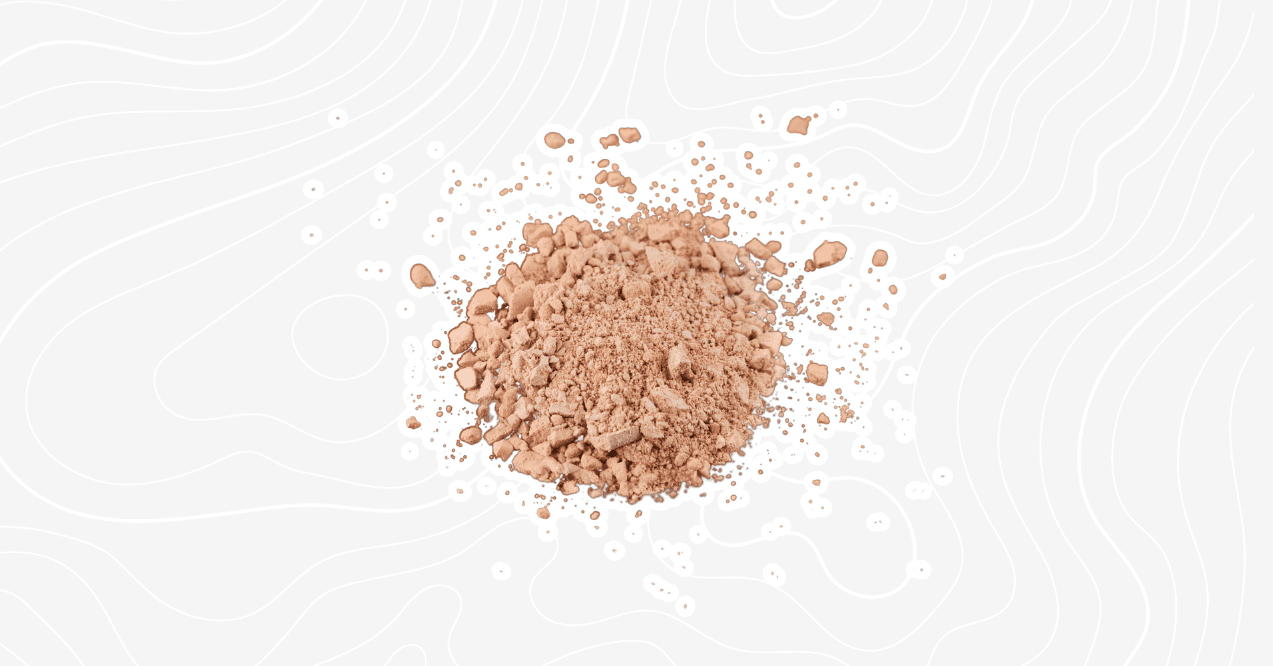Creatine Headache: Answering the Whys and How to Prevent It
Creatine headache appearance is a common concern among people using the supplement, yet no scientific evidence supports this connection. Creatine, a compound that occurs naturally in the body and is present in small amounts in foods like red meat, often requires supplementation to achieve optimal levels for athletic performance and muscle strength.
Whether you’re incorporating creatine supplements into your muscle gain stack or using it as part of a broader fitness routine, it remains one of the most researched and effective supplements for muscle development.
While some individuals report headaches when starting creatine supplementation, especially during the initial ”loading phase” where intake is increased rapidly, these are likely NOT caused by creatine itself. Factors such as dehydration, dietary changes, or interactions with other supplements could be the real culprits. To prevent such side effects, it is important to stay hydrated, adjust your supplement intake gradually, and maintain a balanced diet.
This article will explore the headache appearance reasons, look into some preventive measures and debunk myths around creatine and headaches. Additionally, for those following fasting routines, questions like “Does creatine break a fast?” often arise, and while we won’t cover that here, it’s an important consideration for many.
Key Article Findings:
Does Creatine Cause Headaches?
Creatine is among the safest supplements, showing little to no side effects when taken in the normal dosage. However, the link between creatine and headaches is still not clear. As we explore later in the article, many factors can cause headaches during workouts, making it difficult to single out the compound as the cause.
There’s no solid evidence linking headaches directly to the use of creatine, yet a number of people still experience them whenever they take it. The explanation here is that headaches are a secondary side effect that should not last long. This substance has a primary effect on the body, such as causing dehydration or overloading the detox system. Add the excessive sweating due to an intensive workout and this will lead to headaches. Proper hydration can help to alleviate this symptom making you feel better before, during and after the exercise session.
Other than headaches, people often share that there is a sensation of bloating after taking creatine supplement. But does creatine really make you bloated? Creatine causes muscle cells to retain more water, enhancing their fullness and performance—a process known as cellular hydration. This increased water retention can sometimes be mistaken for bloating, but it’s a normal and beneficial aspect of using creatine.
The good news about this product’s secondary side effects even if you take creatine on an empty stomach, such as headaches and bloating, is that they’re mild and temporary. They’re mostly experienced only at the beginning, as the body gets accustomed to the new compound. We recommend starting with a small dosage and increasing gradually if needed. This way, you can take it for years with no problem whatsoever.

Why Does Creatine Give Me a Headache?
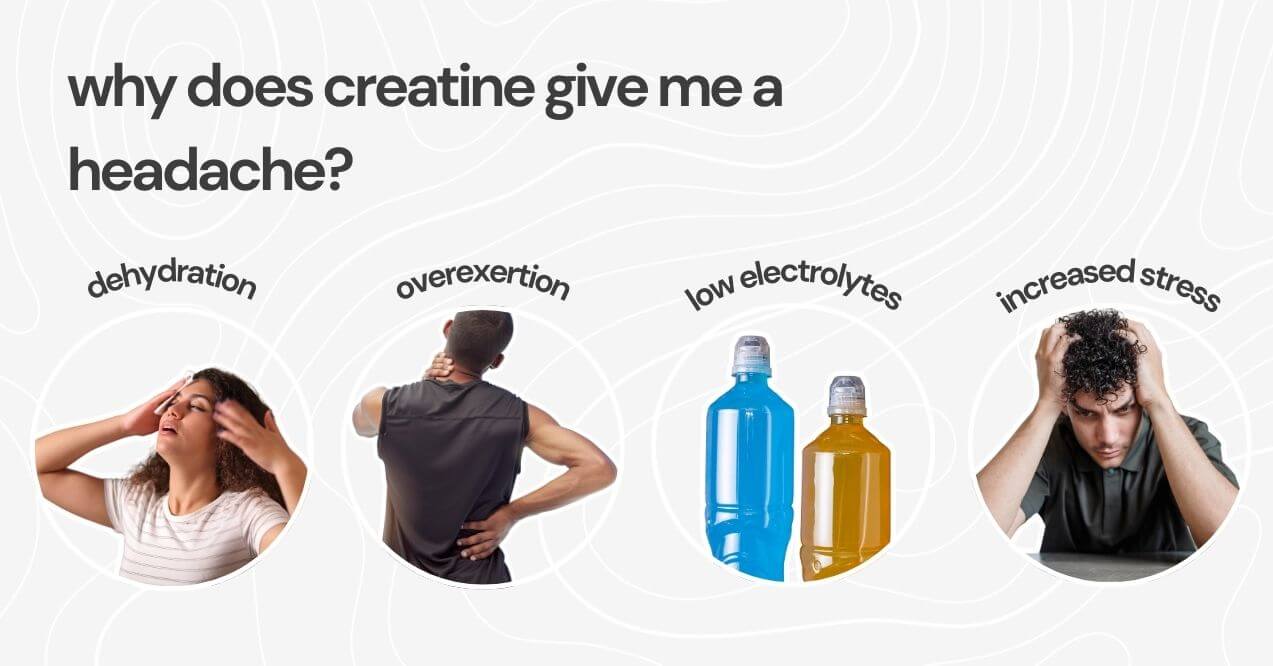
As we’ve mentioned above, a number of people experience headaches after using creatine. Here, we explore some of the reasons for why they might appear.
Dehydration
You may have heard that this product causes weight gain in some users. Turns out that the weight gain is caused by water retention, as mentioned previously. The supplement draws water into the muscle tissues, which partly contributes to their bigger appearance.
What does such weight gain have to do with dehydration? They both stem from water retention. The muscles hold more water, leaving less for other body functions. The resultant dehydration causes a creatine headache. Sipping water throughout the day should offer some relief.
Overexertion
With the promise of increased strength and endurance, unleashing your “beast mode” can be tempting once you’re on the supplement. Those buffed gym show offs won’t know what hit them! Not so fast, dear athlete. Pace yourself. The compound is effective, but it isn’t magic.
Those who are new to the workout game should start with basic exercises. Go slow on those weights; start at the bottom and progress gradually. Even with a supplement, the body needs time to get used to rigorous physical activity. Endurance is best built bit by bit. Exerting undue stress on your body could cause headaches.
Low Electrolytes
The body loses electrolytes through sweating, which is inevitable during a workout. Sweating causes dehydration as well. As mentioned above, creatine already increases the chances of dehydration, so adding sweating to that further increases the water loss. In addition to drinking water, you can include an electrolyte drink to replenish the lost minerals and aid your body in staying hydrated through your exercise routine.
Increased Stress on the Liver and Kidneys
The headaches you experience could be due to toxins in your body. What does taking a supplement have to do with toxins? We’re glad to explain. Whenever a new compound enters your organism, there is increased metabolic activity as it’s broken down. Here, the muscle cells absorb the nutrients, while the liver and kidneys are the key organs tasked with excreting toxins.
Whenever you take this supplement in large amounts, you are straining these organs, leading to the accumulation of toxins inside your body. This, in turn, affects the brain, causing a creatine headache. Drink more water to enhance the detox process.
Other Fitness-Related Headache Risks
“Why does creatine give me a headache?” Well, maybe you are experiencing one during your workout for reasons that have nothing to do with the supplement. Physical exercise in itself exerts considerable pressure on the body, which can result in a headache. Some of the other causes include:
- Tension
- Heat
Muscle tension can be a cause for headaches, especially when the affected muscles are located around the neck or shoulders. Headaches are common during weightlifting and other exercises that center on building endurance. You can prevent this by warming up before your workout to stretch muscles and prepare them for a rigorous session.
Excess heat could also be another culprit. Exercising outdoors in the sun or in high temperatures puts you at risk of a headache. The resultant sweating leads to dehydration, further worsening the situation.
How to Prevent Creatine Headache?
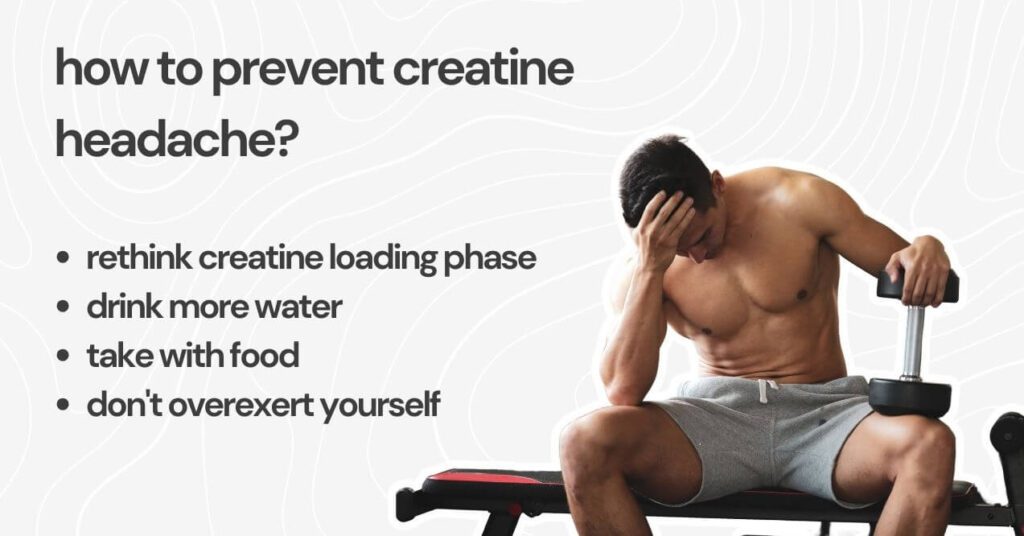
Now that you have a proper understanding of the relationship between creatine and headaches, let’s see how you can avoid them. This supplement brings a host of benefits to your body and mind. You shouldn’t miss out on them owing to the risk of headaches.
Rethink Creatine Loading Phase
Some people seek to speed up the effects of this substance by taking an unusually high dosage of it for a short time, like one or two weeks. This effectively loads the muscles with the supplement before resuming the standard dosage.
Is loading really necessary? Opinion is divided on this one. If you’re experiencing creatine headaches, consider skipping the loading phase. Aim for consistency instead. A small daily amount, typically 3 to 5 grams, goes a long way.
If you must load, increase the amount gradually. Alternatively, break the dose into smaller portions and take it multiple times. If you’re taking 20 grams daily, for instance, take 5 grams 4 times a day instead of consuming the entire amount at once. This gives the body time to acclimatize and reduces the chances of developing a creatine headache.
Drink More Water
We cannot overemphasize the importance of staying hydrated as you take creatine. The exact amount depends on the amount of supplement that you’re taking. In addition to the recommended water intake of about 4 liters daily, add a cup for every 5 milligrams consumed. Those who choose to load should drink plenty of water as well.
Adjust your water intake as you go along, depending on your activity level, body weight, and the weather. If you have a problem taking this much water, you can flavor it with fresh fruit, such as lemon. The tangy taste will make it easier to drink.
Take With Food
Can creatine cause headaches? Yes, it can, and one reason could be that the body is struggling to absorb this new compound. You can also be experiencing an upset stomach. Remember the bloating that we talked about? This occurs when the supplement just sits in the stomach without being digested. Taking this compound alongside food enhances absorption and averts such discomfort.
Don’t Overexert Yourself
Creatine enhances your strength and agility but does not turn you into Superman. Don’t let those fitness influencers overexcite you with their six-packs and buffed chests. Set realistic goals, pick a comfortable pace or incorporate somatic exercises into a mix. Listen to your body as you work out. Pain, swelling, soreness, and other conditions could be signs that you need to go a bit slower or change your workout routine altogether. Endurance is best built gradually, giving the body enough time to adjust.
The Trumeta Creatine Power
There are so many creatine brands out there that you may need help choosing the best one. Introducing trumeta creatine, a thoughtfully formulated supplement to power your workouts and daily needs.

There are several reasons to go for this one. To begin with, it tastes stupendous! There are plenty of awful-tasting supplements out there already, which we force down our throats for the promised benefits. It turns out a pleasant-tasting one is not too much to ask for, and trumeta gives us just that. You may as well be sipping your favorite fruit juice. The powder dissolves easily in water or any other drink, making it easy to consume.
To add, trumeta’s creatine supplement is formulated from purely organic ingredients, so you never have to worry about harmful chemicals entering your system.
You don’t have to be a workout junkie to benefit from creatine. Beyond the gym, this supplement has distinct benefits for the mind, particularly supporting mental clarity and focus.. If you’re experiencing mental fog or a bout of fatigue, trumeta creatine powder is about to help you! Get your jar today and feel the difference!
Conclusion
Finally, verify the source of your supplements. There are many on the market, but some are far from safe. Some contain harmful chemicals with adverse side effects. Whenever possible, go for organic options such as trumeta creatine. This product is formulated after careful research using only natural ingredients and helps support your body with energy to your body and mind.
yes, they eventually go away. You can help the process by taking small, consistent doses of the supplement and increasing it gradually if necessary. Take it with food to boost absorption, stay hydrated, and work out in moderation.
if you’re working out, stop and sit down. Loosen your clothing to allow blood circulation and let the body cool down. The dizziness is mostly temporary and will pass within a couple of minutes.
this compound calls for increased water intake; go for 3 to 4 liters per day to avoid dehydration. Take a 5-gram dose with 1 cup of water (8 ounces) and adjust accordingly for higher doses.
creatine may cause headaches in some individuals, often due to dehydration. Staying hydrated while using creatine can help prevent this. If headaches persist, consider adjusting your dosage or consulting a healthcare professional.
Advertisement. This site offers health, wellness, fitness and nutritional information and is designed for educational purposes only. You should not rely on this information as a substitute for, nor does it replace, professional medical advice, diagnosis, or treatment. If you have any concerns or questions about your health, you should always consult with a physician or other health-care professional. Do not disregard, avoid or delay obtaining medical or health related advice from your health-care professional because of something you may have read on this site. The use of any information provided on this site is solely at your own risk.
